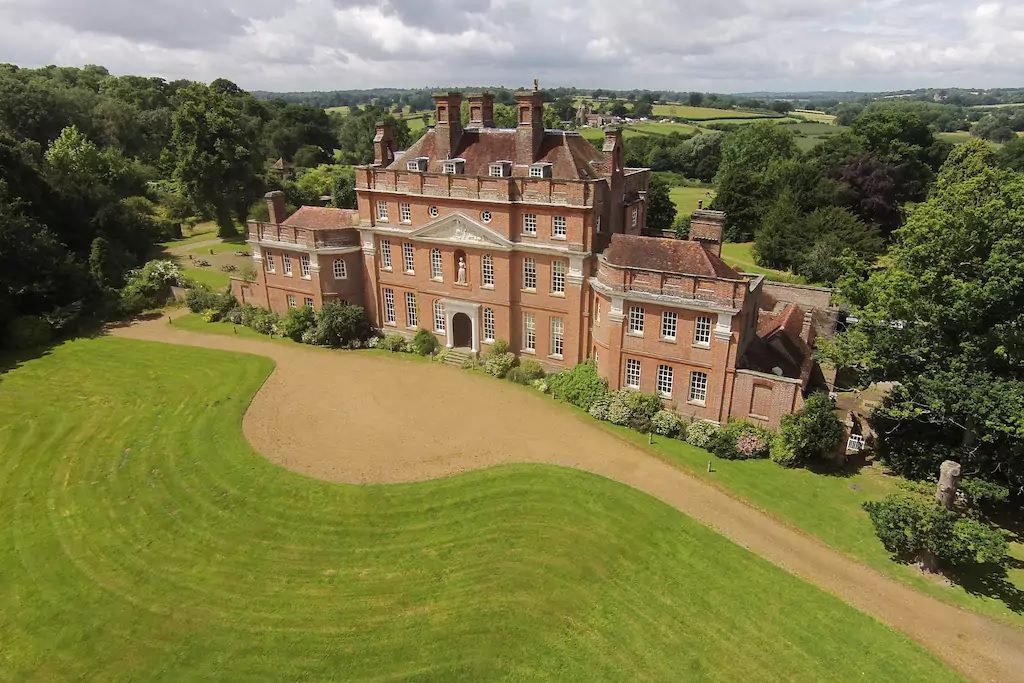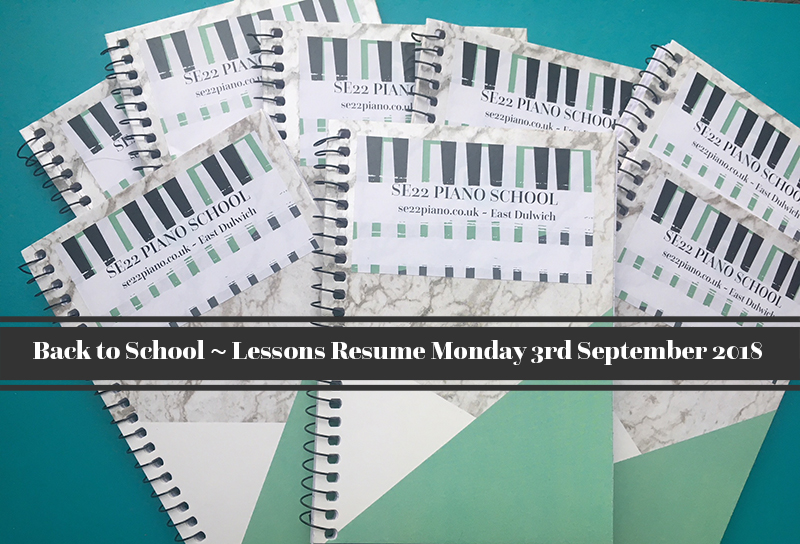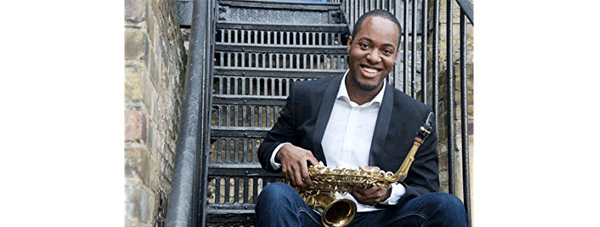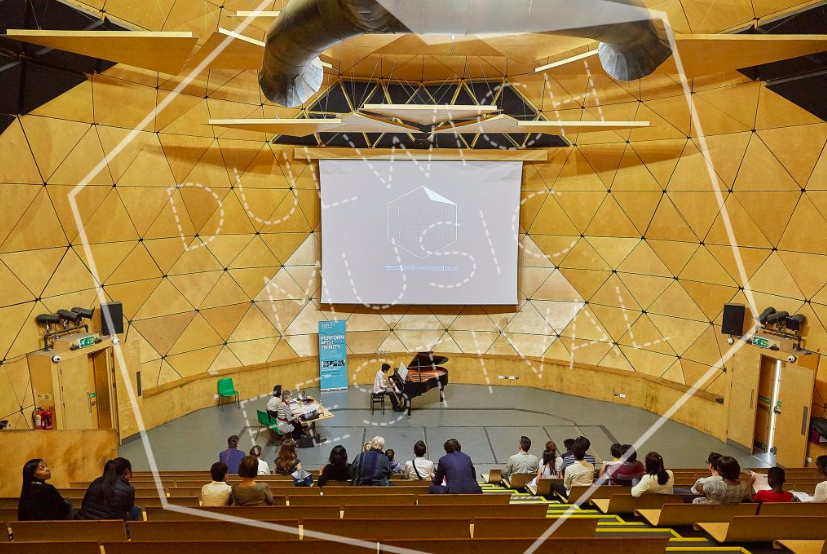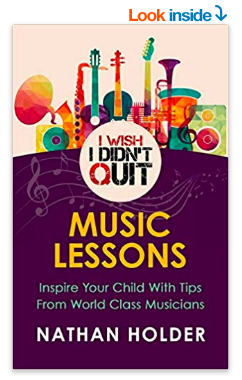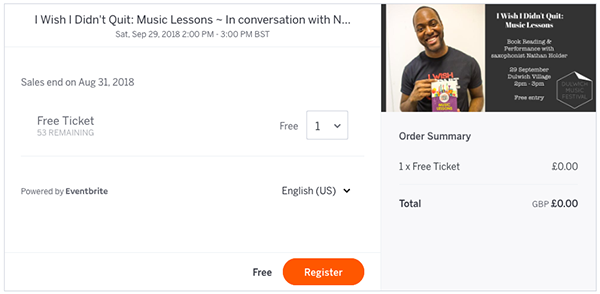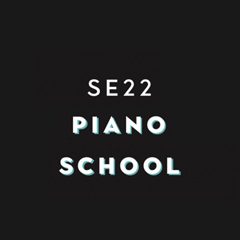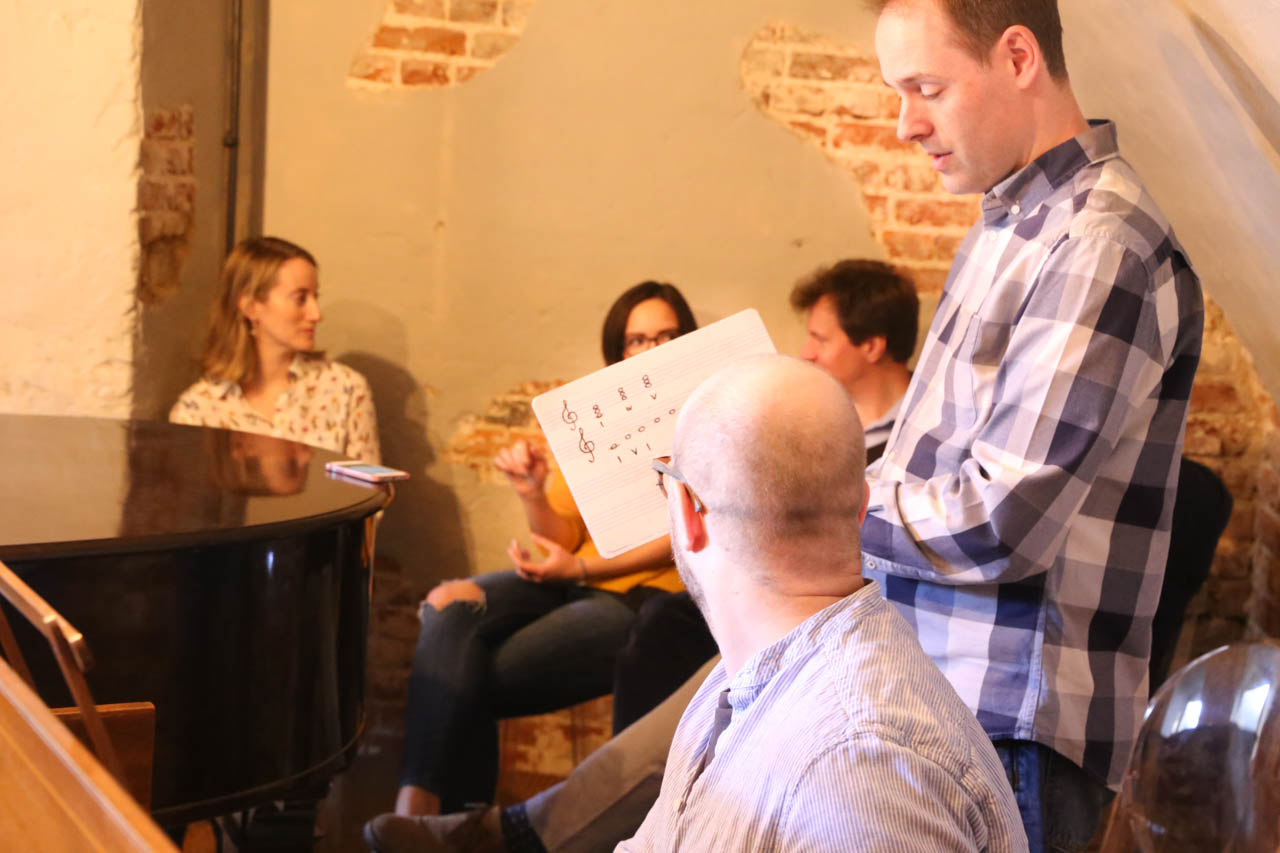 Recently, I participated in a Piano Teachers’ survey organised by Finchcocks, a wonderful centre for musicians in Kent. Whilst myself and my colleagues at the SE22 Piano School all have piano teaching qualifications, there is no governing body in the UK for private tutors that demands a minimum requirement to teach. Even with qualified teachers, it can be difficult to find the time for Continuing Professional Development courses when juggling a heavy workload.
Recently, I participated in a Piano Teachers’ survey organised by Finchcocks, a wonderful centre for musicians in Kent. Whilst myself and my colleagues at the SE22 Piano School all have piano teaching qualifications, there is no governing body in the UK for private tutors that demands a minimum requirement to teach. Even with qualified teachers, it can be difficult to find the time for Continuing Professional Development courses when juggling a heavy workload.
Finchcocks have introduced a one day course that is conveniently held in the October half-term and focussing on the new ABRSM piano syllabus as well as the chance for some music-making and a delicious lunch in the magnificent Georgian house where Finchcocks is situated in the Kent countryside. I am very much looking forward to finally visiting the Finchcocks Piano School as I have spent many happy times there when it was previously the Finchcocks Musical Museum but have yet to return and see the exciting new developments. If you are a teacher, do join me in the half-term for a fantastic day out. The nearest train station is Paddock Wood which is around 40 minutes direct from London Bridge. If you are a South Londoner, there’s no need to go into town but you can change at Bromley South instead.
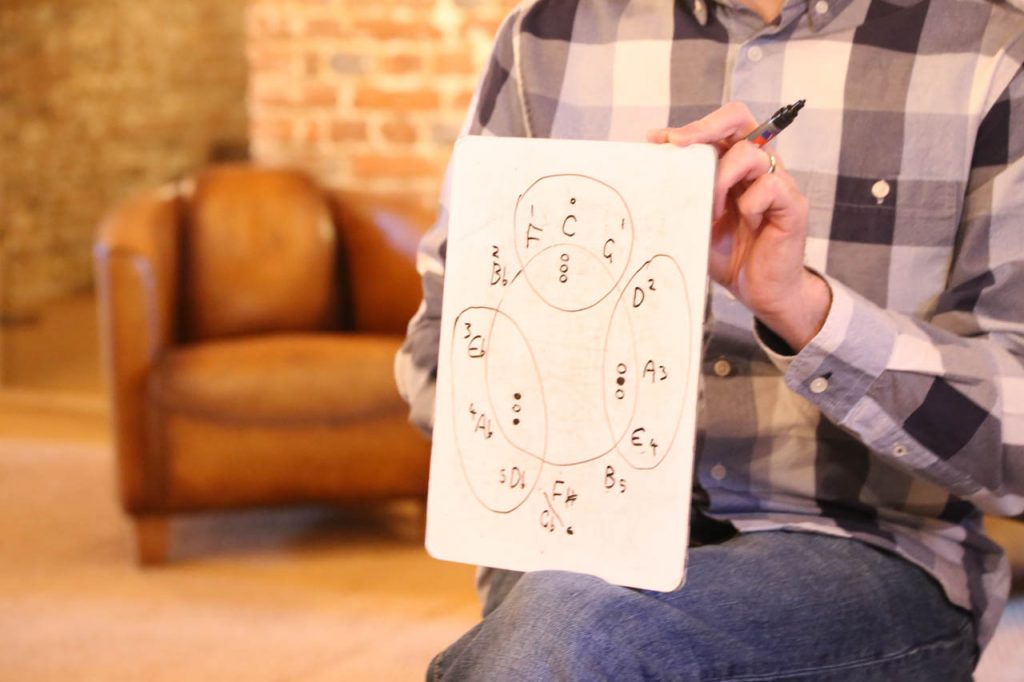
Over a third of piano teachers (37%) undertake no formal professional development
25% of professional piano teachers rate the provision of teaching resources to teachers as poor or very poor
But 90% of piano teachers state they do want to do some form of professional development
Revealed: Motivation, practice and rhythm are key teaching challenges
Finchcocks aims to meet this need by providing workshops and residential piano courses aimed specifically at piano teachers
Finchcocks (www.finchcocks.com), which was formerly the internationally renowned piano museum in Kent, has recently re-opened as a piano school, and commissioned a survey of 389 piano teachers to get an insight into the key challenges piano teachers face.
Over a third of piano teachers undertake no formal professional development
Interestingly, Finchcocks’ survey revealed that over a third of piano teachers – 37% – do not undertake any formal professional development. For most teachers, this was not because they had no interest in developing their skills – in fact the vast majority (90%) said they wanted more training – but it was because of the scarcity of courses available for teachers. Indeed 25% of piano teachers surveyed rated the provision of teaching resources available to piano teachers as “poor” or “very poor”.
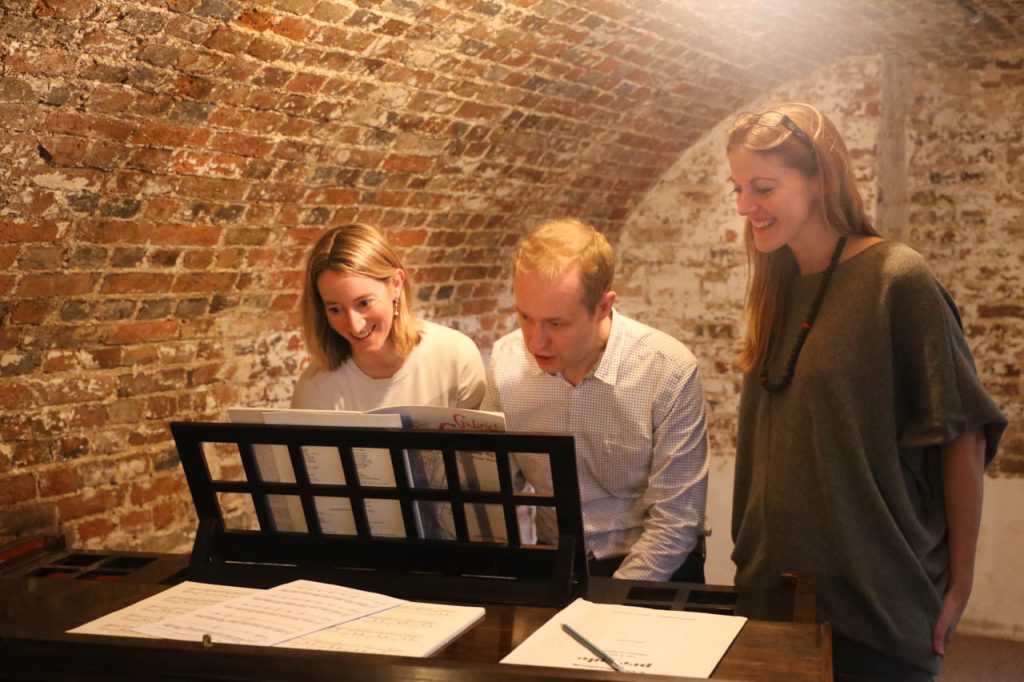
Motivation, practice and rhythm key teaching challenges
An almost unanimous 94% of piano teachers surveyed stated that they’d like to develop techniques for better motivating their students; 9 out of 10 teachers stated that they’d like to develop methods of instilling better practice techniques in their students; and 89% of teachers admitted that teaching students to play rhythmically was a key challenge.
When it came to areas for their own personal improvement, memorisation and improvisation were the hottest topics, with more than half of the respondents saying that these were areas they would like to further develop.
ABRSM still dominates as an exam board
Finchcocks’ survey revealed that piano teachers would like to develop their skills in regards to preparing their students for exams, as well as their day-to-day teaching skills.
Teaching sight reading and aural skills were the areas where teachers were most interested in developing their exam related teaching skills, with an overwhelming majority (90%) of teachers agreeing that they would like more training on these subjects.
When it came to the choice of exam boards, The Associated Board of the Royal Schools of Music (ABRSM) still dominates, with 67% of teachers entering their students for these exams. Trinity College London came second with just over 10% of candidates, with the London College of Music attracting just 5% of participants.
Majority of piano teachers do so on a part-time basis
Interestingly, most teachers who took part in Finchcocks’ survey teach between 10 and 20 students on a weekly basis, but a hard core of 9% reported teaching more than 50 pupils per week. Only 2% teachers specialised in teaching adults, with 23% exclusively engaged in piano lessons for children.
Finchcocks launches courses for piano teachers
Commenting on the survey results, Neil Nichols, owner of Finchcocks piano school, said:
“Our survey has revealed that piano teachers –both part-time and full-time – are interested in professional development, but current teaching resources and courses are relatively limited. That’s why we have decided to launch a series of workshops and courses aimed specifically at piano teachers, covering the topics and issues they have told us they are keen to develop. ”
Finchcocks, which recently relaunched as a piano school, offering piano courses to adults of all abilities, is launching the first of its one-day workshops designed specifically for piano teachers on Thursday 25th October 2018. A week long residential course for teachers in also scheduled in the summer holidays next year with Graham Fitch and Penelope Roskell.
The first of these one day workshops coincides with the release of the new ABRSM piano syllabus, and is titled “Helping your students achieve their full potential in exams”.
Masterclass sessions will be run on the new grade 5 and grade 8 repertoire, together with a detailed explanation of the framework used by examiners when assessing pieces. It will be followed by a session where teachers will get the chance to make their own assessment of a real performance of the new reportoire in a mock ABRSM exam led by Nigel Scaife, a former ABRSM examiner. There will also be specific technique sessions on how best to teach aural and sight reading led by David Hall, a former organ scholar, choir master and member of the European Piano Teachers Association.
Tickets are £60 per attendee (including lunch and refreshments) and available via the Finchcocks website:
https://www.finchcocks.com/teachers/finchcocks-launches-courses-piano-teachers/
Finchcocks was constructed nearly 300 years ago in 1725. It was originally built as a family home by wealthy local land owners. It passed through various families before it was used for a variety of things in the 20th century: a venue for a private art collection; a home for evacuated school children in the Second World War; a ballet school; a world famous keyboard museum.
